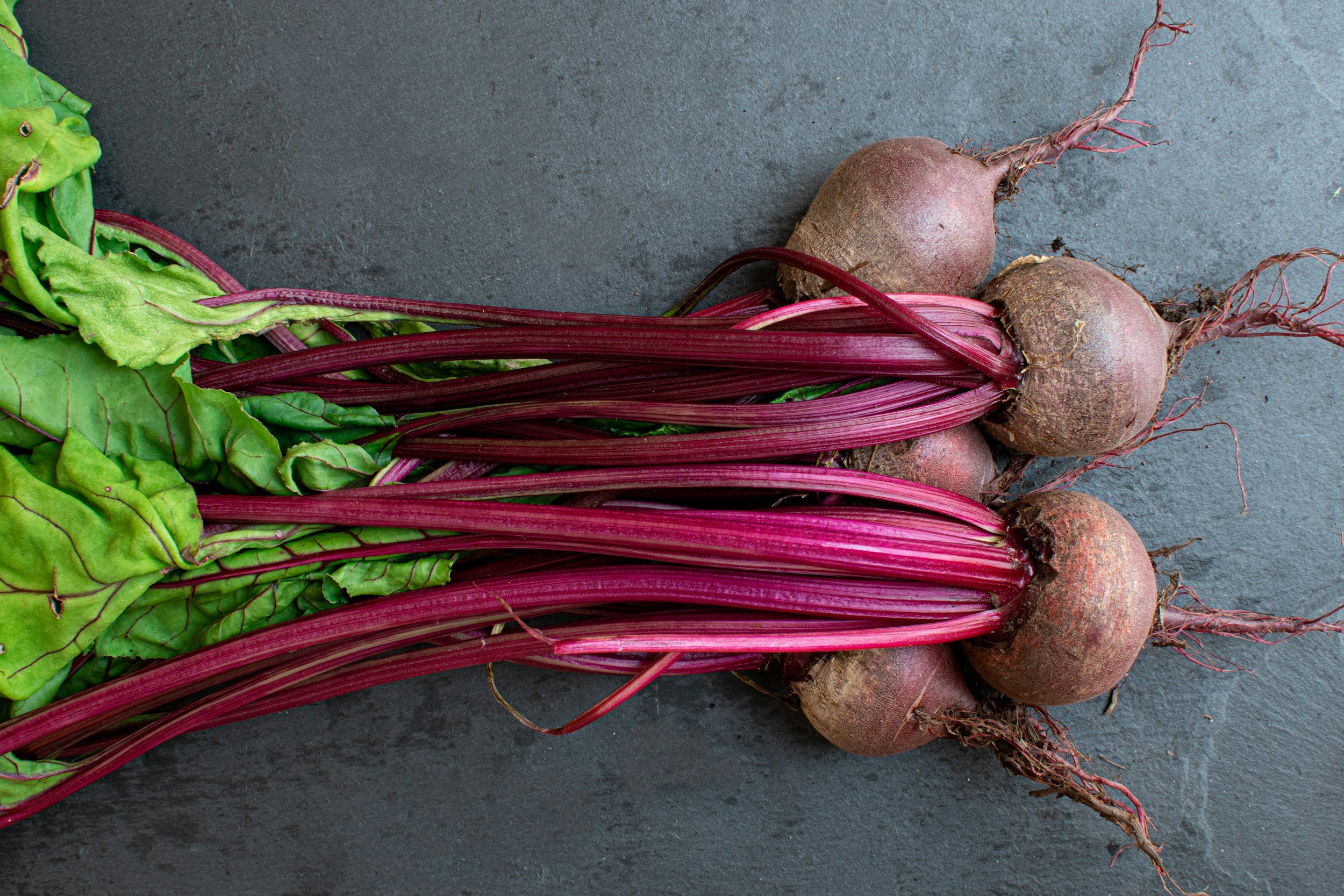
REGAIN YOUR HEALTH
Please call our office at 208-523-3531 to schedule a specific time that may not show on our calendar.
We Help You Regain Your Health
At 3 Rivers Health Center, we offer a compassionate and comprehensive approach to wellness that differs notably from traditional Western medicine. Our techniques have consistently empowered individuals to restore their health and vitality—naturally.
Why Choose an Alternative Approach?
Most people are familiar with conventional care—visits to the M.D. or D.O., or urgent care—where symptoms are often managed with prescription drugs or surgery. While these methods may offer temporary relief, they seldom address the underlying causes of illness.
Whether it’s diabetes, autoimmune disease, high blood pressure, arthritis, allergies, or even frequent colds, Western medicine typically focuses on treating symptoms—not root causes.
At 3 Rivers Health Center, we focus on restoring the body to its optimal function using holistic therapies that support detoxification, metabolic reset, and energetic healing. We don’t just manage symptoms—we help the body heal itself. When treated as a whole system, the body has the remarkable ability to renew itself all the way down to the DNA. The result is balance, vitality, and peace of mind.
Our Specialized Therapies
We combine cutting-edge tools with time-honored practices to treat the whole person: body, mind, and spirit. Below is an overview of the therapies we offer:
🔬 Investigative & Foundational Techniques
Live & Dry Blood Microscopy – Assess the internal terrain of the body for imbalances and early signs of dysfunction.
Applied Kinesiology – Muscle testing used to evaluate structural, chemical, and emotional aspects of health.
Iridology – The study of the iris to reveal information about systemic health.
🌿 Detoxification & Metabolic Reset
Fasting – Structured abstention from food to initiate cellular repair and detox.
Colloidal Silver Therapy – Supports the immune system using silver particles in suspension.
Herbal Therapy / Herbology / Herbalism – Use of plant-based substances for healing, in forms such as tinctures, teas, and salves.
Dietary Supplements & Orthomolecular Medicine – Personalized nutrient-based therapies to restore biochemical balance.
Functional Medicine – Root-cause resolution focusing on metabolic, gastrointestinal, and immune system interactions.
💆♀️ Physical & Manual Therapies
Acupressure – Pressure applied to meridian points to restore energy flow.
PEMF / BEMER Therapy – Electromagnetic stimulation to enhance circulation and cellular oxygenation.
Ear Candling – Clears ear passages using traditional hollow candles.
🧠 Mind-Body-Spirit Therapies
Meditation & Visualization – Harnessing the power of focused attention and imagery to rewire stress and promote healing.
Creative Visualization – Intentionally forming mental images to shape physical and emotional wellness.
Reiki / Energy Medicine / Pranic Healing – Non-invasive techniques to balance the body’s life force energy.
Music Therapy – Use of sound frequencies to support emotional and psychological health.
Numerology & NLP – Mindset and behavior re-patterning using language and energy.
🪔 Traditional & Cultural Healing Practices
Traditional Chinese Medicine – Includes herbal medicine, tui na massage, qigong, and dietary therapy.
Chinese Five Elements – Harmonizing internal organs and emotional energies based on elemental theory.
Feng Shui – Spatial energy alignment to influence personal well-being.
Bach Flower Remedies – Diluted flower essences to shift emotional and energetic imbalances.
Homeopathy – “Like cures like” remedies to stimulate the body’s healing response.
Home Remedies – Generational solutions using natural, accessible ingredients.
💎 Spiritual & Energetic Therapies
Aromatherapy – Use of essential oils to enhance mood and physiological function.
Crystal Healing – Application of healing stones to harmonize energy fields.
Energy Therapies – Use of light, sound, magnetics, or biofield balancing for holistic alignment.
🧘 Holistic Lifestyle Integration
Holistic Medicine & Living – Treating the body, mind, and spirit as a unified whole.
Uropathy – Addressing urogenital health and its broader systemic impact.
